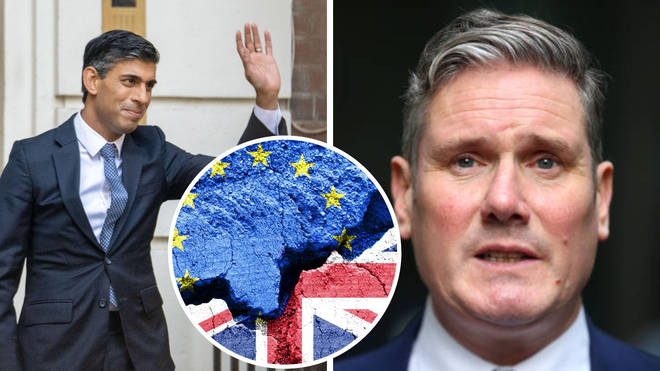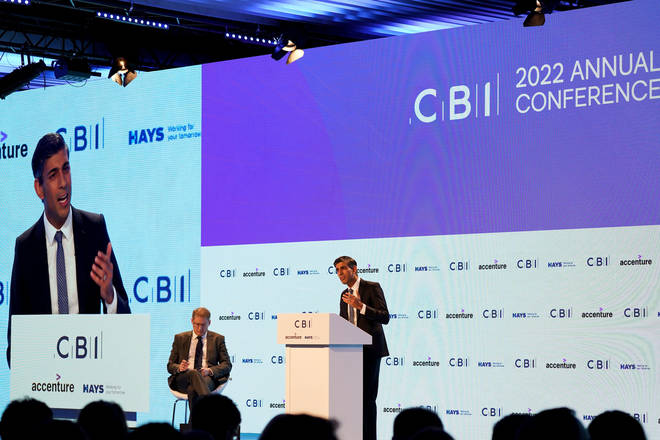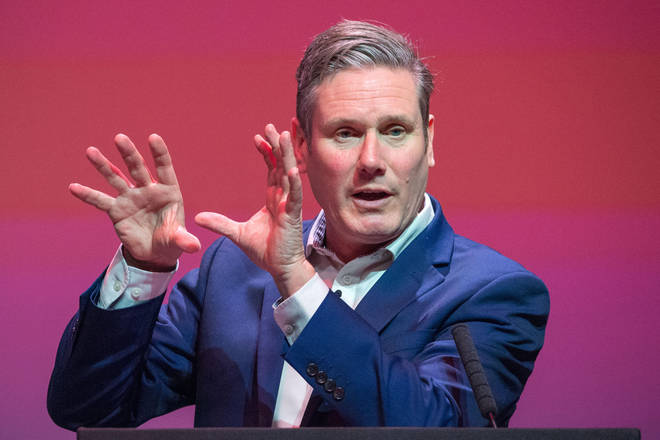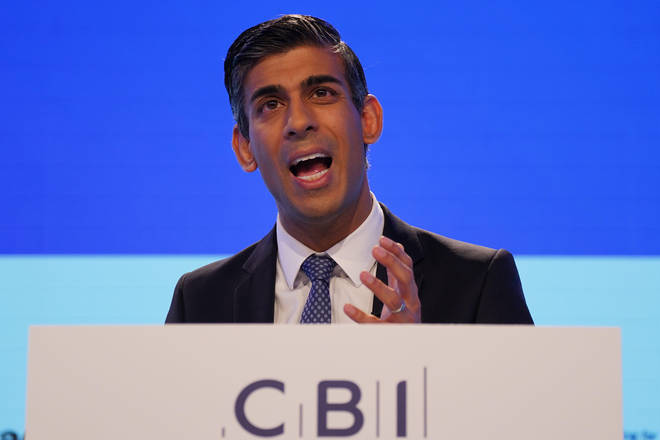Reuters Published November 21, 2022

Iran players line up during the national anthems before the World Cup match against England at Khalifa International Stadium, Doha, Qatar, Nov 21.
Iran’s World Cup soccer team declined to sing their national anthem before their opening match against England on Monday after many fans back home accused the squad of siding with a violent state crackdown on persistent popular unrest.
The players were solemn and silent as the anthem was played before the match with England at Khalifa International Stadium in Qatar, where thousands of Iranian fans in the stands shouted as the music rang out.
Some jeered and others made thumbs-down gestures.
Team Melli, as the Iranian soccer squad is known, have long been a huge source of national pride in Iran, but found themselves caught up in politics in the World Cup run-up, with anticipation over whether they would use soccer’s showpiece event as a platform to get behind the protesters.
Iran were trounced 6-2 by England in Monday’s Group B opener, but the drubbing was not enough to silence the Iranian fans, who pounded drums and horns throughout the game.
Ahead of the match, no Iranian player had voiced support for the demonstrations by compatriots from all walks of life, one of the most sustained challenges to the cleric elite since the 1979 Islamic Revolution.
“All of us are sad because our people are being killed in Iran but all of us are proud of our team because they did not sing the national anthem — because it’s not our national [anthem], it’s only for the regime,” said an Iranian fan attending the World Cup who asked not to be named.
Protests demanding the fall of the ruling theocracy have gripped Iran since the death two months ago of young woman Mahsa Amini after her arrest for flouting the strict Islamic dress code.
Dozens of Iranian public figures, athletes and artists have displayed solidarity with the protesters — but not the national soccer team, until Monday’s match when all team members remained silent when the national anthem was played.
Iranian state television did not show the players lined up for the anthem before the match got underway in Qatar, just across the Gulf from their homeland.
The Iranian squad could not avoid being overshadowed by the anti-government unrest that has rattled Iran’s theocracy, while other World Cup teams were squarely focused on their tactics on the pitch.
In the past, the Iranian soccer team was a source of fired-up national pride throughout the country. Now, with mass protests, many would prefer it withdrew from the World Cup.
Before travelling to Doha the team met with hardline Iranian President Ebrahim Raisi. Photos of the players with Raisi, one of them bowing in front of him, went viral while the street unrest raged on, drawing an outcry on social media.
‘Show solidarity’
“I have mixed feelings. I love football but with all these children, women and men killed in Iran, I think the national team should not play,” university student Elmira, 24, said, speaking by telephone from Tehran before the match.
“It is not Iran’s team, it is the Islamic Republic’s team.
“They could refuse to take part in the World Cup or even refuse to play if they were forced to go, to show that they are part of the nation, to show solidarity with mothers in Iran whose children were killed by the regime [during protests].”
The activist HRANA news agency said 410 protesters had been killed in the unrest as of Saturday, including 58 minors.
Some 54 members of the security forces had also been killed, HRANA said, with at least 17,251 people arrested. Authorities have not provided an estimate of any wider death count.
Iranians are especially outraged because athletes around the world have been speaking out for the demonstrators in Iran while their team has remained largely silent.
“I know it is their job to play football but with all those children killed in Iran, they should have stood in solidarity with the people. Especially when the England team is going to kneel [in solidarity], how can the national team show no solidarity?” high school student Setareh, 17, said by telephone from the northwestern city of Urmia.
“FIFA should not have included the team because of protests in Iran and the regime’s violation of human rights. That did not happen, so then the team should not have gone in order to show solidarity with the protesters.”
Some Iranian fans who went to Qatar for the World Cup made no secret of their solidarity with the unrest.
They carried banners that read “Woman, Life, Freedom” in support of the protests. “Freedom for Iran. Stop killing children in the streets!” shouted one Iranian woman.
Another Iranian woman with the colours of an Iranian flag painted on her face said Iran is a football-crazed nation.
“But this year,” she said, “everything is different, all we care about is this revolution and for people to get their freedom back, and not be scared to just walk on the street, do and dress as they want, and say what they want.”
In the capital Tehran, some banners of the national team have been burned by angry protesters.
Other Iranians like Zeynab Mohammadi wished success for the team. “I will watch the game with my friends at home. I will pray for my team to win,” Mohammadi, 21, said in Tehran, echoing other supporters who took to social media to cheer the players.
However, pictures of children killed in the protests were widely shared by Iranians on Twitter, with messages such as: “They loved football too, but they were killed by the Islamic Republic.”
“Those children took risks for their country and were killed by the regime. The national team should take risks and show solidarity with the nation,” said Hamidreza, 19, a university student in southern Iran.
“For our nation, for Iran, for all those children, men, women killed in the past weeks by the regime, be our voice in Qatar. Show solidarity if you are Iran’s national soccer team.”
















